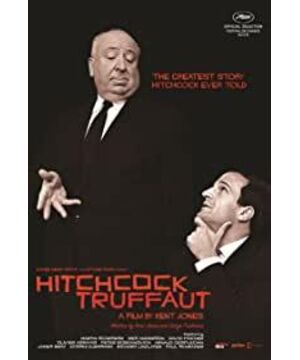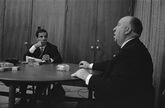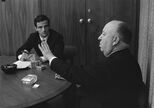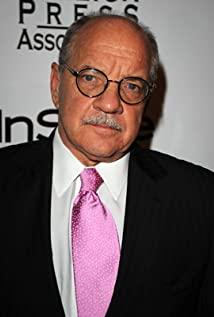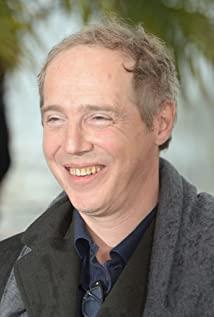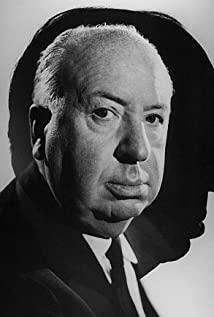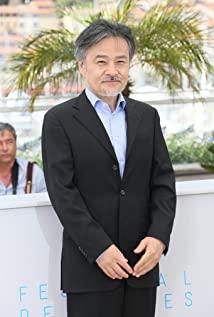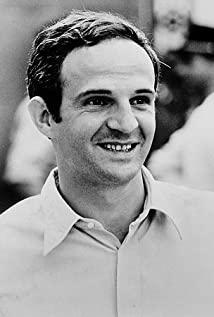What’s interesting is that Hitchcock is a master of Hollywood suspense films, and Truffaut is a famous French new wave pioneer director. The other directors appearing in this film actually basically combine these two schools, including Scorsese, Vinci, and Anderson. Waiting for mainstream film directors who have a good grasp in the commercial and artistic fields, there are new wave successors such as Desprichin and Assayas. Hitchcock has always been precise in the structure and neatness of the image. The New Wave style has always been out of all the patterns that appear. These are almost two divergent movie concepts. In fact, they appreciate each other and learn from each other. I even thought about whether it could be expressed in a more open way. These are quite touching, pure communication and learning instead of the Momin's tearing battle that can be seen everywhere today.
Hitchcock’s works are actually not seen much. The butterfly dream that I have the deepest personal impression of, what rebecca looks like is something I have always been worried about when I was a child. This is really Hitchcock’s pit. Suddenly I wanted to see the "extremely abnormal" "Victoria" in Vinci's mouth, hehehehe.
View more about Hitchcock/Truffaut reviews


